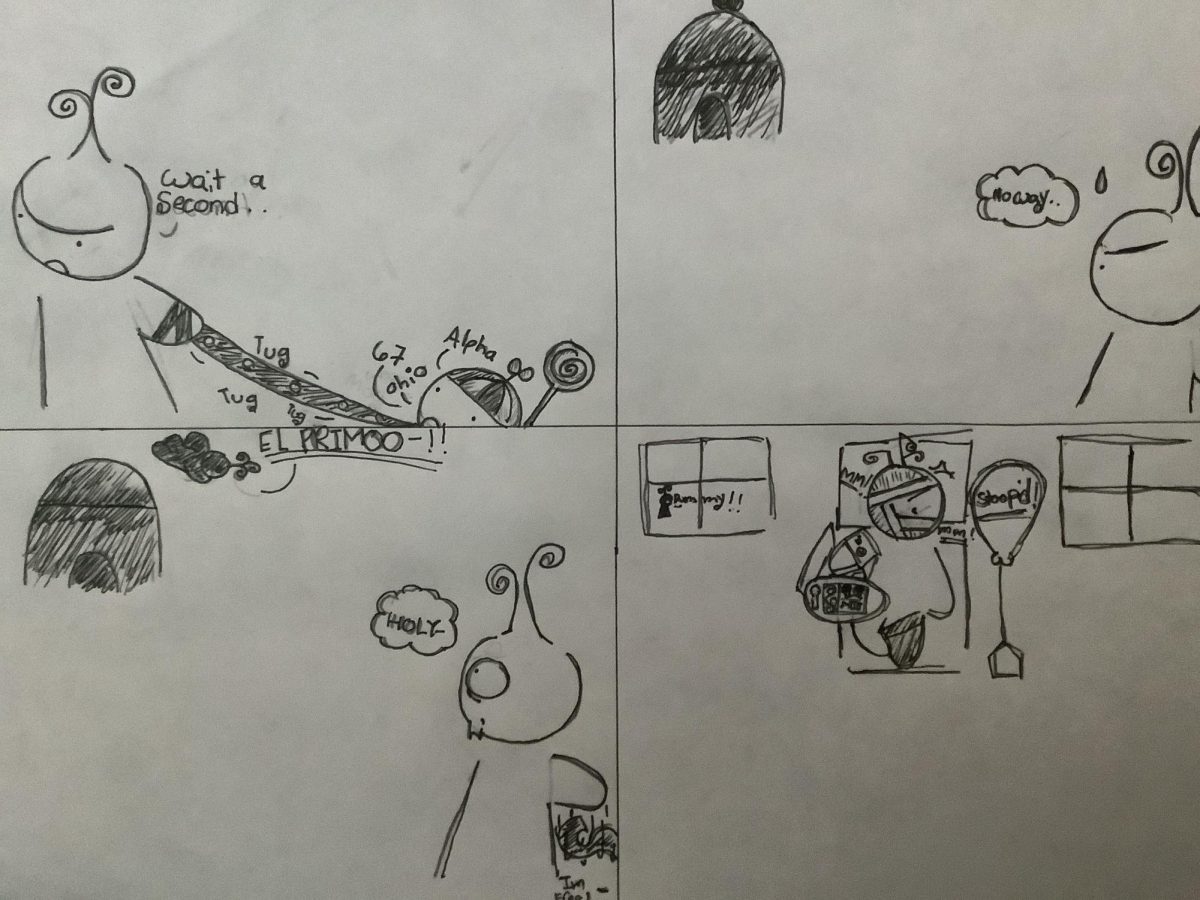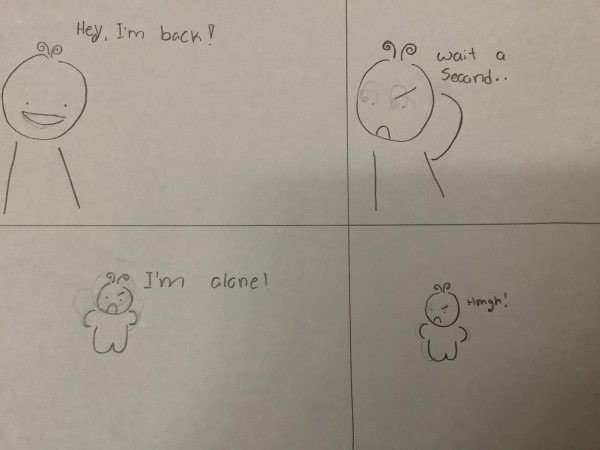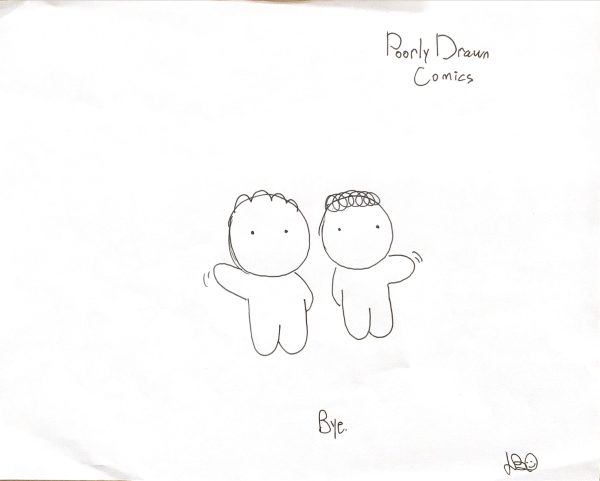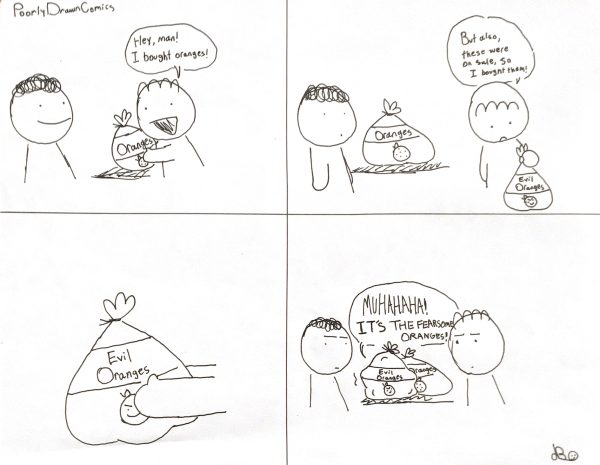Social media = Depression?

Labeled for reuse by google.
Jun 5, 2019
Teenagers, all the time, are going on social media. YouTube, Instagram, Snapchat, Twitter. All of these things are making teen’s lives worse, maybe even making them depressed.
Kids and teens all around the world are using social media. A survey from “Science Daily” says that 76% of teenagers (ages 13-17) use Instagram, 75% use Snapchat, and 47% use Twitter. Out of the people that were interviewed at WMS, 40% used Instagram, 30% used Snapchat, 10% used Twitter, 10% used Facebook, and 10% used Pinterest.
Teens spend an average of 9 hours a day on social media. This means that it would total to 63 hours a week (give or take). This information might not be so true in WMS. From the interviews that were conducted, there was a range from 10 minutes to 10 hours.
You might think that only drugs are addictive, but you’d be wrong. Social media can be addictive too. There are people who are so addicted that they sleep text. That’s right, texting in your sleep. There is a great article on Newsela called “Don’t remember sending that text? Maybe you were sleep texting” that explains a lot about this phenomenon (linked here).
It’s like sleep-walking, but with texting. Texting might have been the first form of social media, so this has a lot to do with social media. 94% of teens use social media, but how many of them are addicted to it? The answer is right here. 210 million people worldwide are estimated to suffer from internet and social media addictions.
Studies have shown that social media use is linked with depression, anxiety, and other mental illnesses. Many teens have reported feeling sad or anxious after using these platforms. But why would such a harmless thing cause something like depression? There are actually a lot more reasons than you think. Humans are social beings, which is why our brains go insane if we’re disconnected from other humans for too long. When you talk to people by texting, yes that’s socializing, but it’s not as emotionally satisfying, despite what you may think at the time. Really, this leaves you feeling isolated and alone. “The less you are connected with human beings in a deep, empathetic way, the less you’re really getting the benefits of a social interaction,” says Alexandra Hamlet, a clinical psychologist from the Child Mind Institute.
Another reason social media can cause depression is because of bullies. Cyberbullies to be specific. Kids online are so much more likely to say mean things than they would in real life. One thing that could cause this to happen is the fact that it’s not face to face. When people see others faces in sadness, they fell something called empathy. Empathy is the ability to share feelings with others. If someone looks sad because of what you’ve done, chances are you won’t be as mean anymore. Another reason might be the anonymity. Kids thinking it can’t be backtracked back to them.
Bullying is a very serious issue that so many people have to deal with on a daily basis. If you are being bullied, there are so many ways you can help yourself. This goes for if someone you know is being bullied as well. The best way to resolve the issue is to tell a trusted adult. Only 1 in 10 people who are being bullied tell someone. Again, there are many reasons for this. For one, the victim might be ashamed or embarrassed about this happening to them. They might think that they are weak and that’s why they are being bullied, and if they tell anyone they will laugh at them. Another reason could be that parents might restrict their internet access. This actually doesn’t help as well as confronting the bully with the help of a professional, adult, or teacher. Restricting internet access just makes the victim feel like it’s their fault their being bullied. “Since I let myself be in the internet, I got cyber bullied. So its my fault” That’s something that the victim might think.




